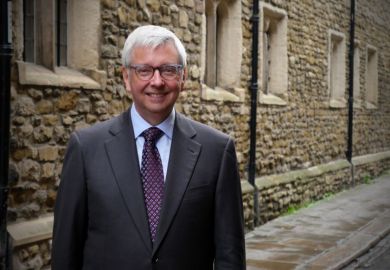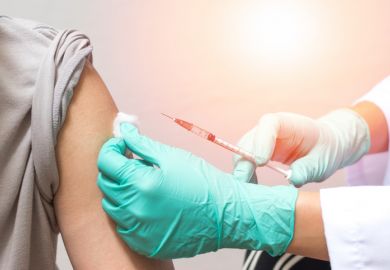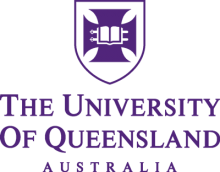The University of Queensland has abandoned development of its Covid-19 vaccine after discovering that it interferes with HIV diagnostics.
Volunteers participating in phase one safety trials have recorded false positives for the virus that causes Aids. Australian biotechnical company CSL, which has been working with Queensland to test and manufacture the medication, said antibodies produced by the vaccine interfered with “certain HIV diagnostic assays”.
In a statement to the Australian Stock Exchange, CSL said there was no possibility that the vaccine actually caused infection. The “potential for this cross-reaction” had been anticipated before the trials, and follow-up tests had confirmed that the participants had not contracted HIV.
Nevertheless, CSL and Queensland had decided not to proceed to phase two and three trials because of the “implications” for broader health. “It is generally agreed that significant changes would need to be made to well-established HIV testing procedures in the healthcare setting to accommodate roll-out of this vaccine,” the statement says.
Queensland virologist Paul Young said that although the team could “re-engineer” the vaccine to overcome the problem, this would take too long. “Doing so would set back development by another 12 or so months. While this is [a] tough decision to take, the urgent need for a vaccine has to be everyone’s priority.”
He said that while the project’s success had never been guaranteed, the results had been encouraging because the “core technology approach” had passed a major clinical test. “It is a safe and well-tolerated vaccine, producing the strong virus-neutralising effect that we were hoping to see.
“We are confident that with further work the…technology will be a robust platform for future vaccine development here in Australia and to meet future biosecurity needs.”
Queensland vice-chancellor Deborah Terry said that although the outcome was disappointing, she was proud of the team members who had “shouldered a heavy burden of responsibility while the world watched on”.
CSL said the phase one trial would continue and full data would be submitted for “peer review publication”. It said further analysis would reveal how long the antibodies persisted, with indications that levels were already falling.
UNSW Sydney cancer researcher and science communicator Darren Saunders said the episode showed that “science can be brutal”, on an “incredibly disappointing day” for the Queensland team members.
“The time and commitment they have put in this year under incredible stress and pressure deserves our thanks and recognition, regardless of the outcome,” Dr Saunders tweeted.
Register to continue
Why register?
- Registration is free and only takes a moment
- Once registered, you can read 3 articles a month
- Sign up for our newsletter
Subscribe
Or subscribe for unlimited access to:
- Unlimited access to news, views, insights & reviews
- Digital editions
- Digital access to THE’s university and college rankings analysis
Already registered or a current subscriber?










